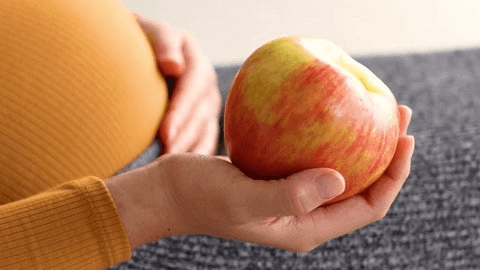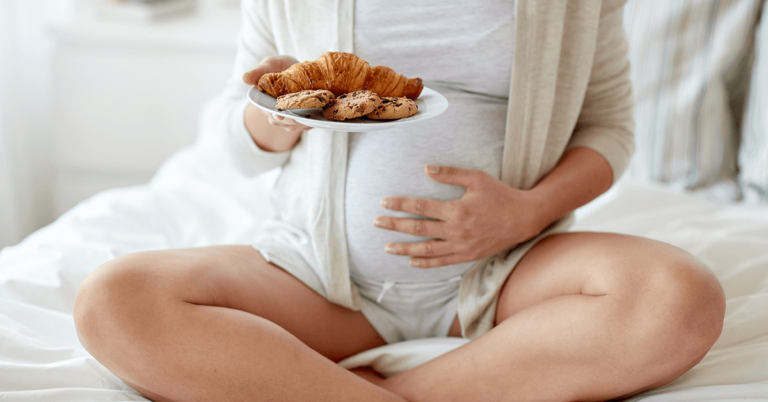The Truth about Caffeine During Pregnancy

Caffeine is perhaps the most beloved legal stimulant in the United States, found in everything from drinks and tablets to energy shots. While it’s generally safe for most people, pregnancy brings new considerations regarding caffeine consumption. Here’s what you need to know about caffeine during pregnancy and how it can affect you and your baby.
Understanding Caffeine’s Effects
Caffeine acts as a stimulant, raising both your blood pressure and heart rate—effects that are not ideal during pregnancy. Additionally, caffeine is a diuretic, meaning it increases urination. Pregnant women already experience frequent urination, and added caffeine can exacerbate this, potentially leading to dehydration.
More importantly, caffeine crosses the placenta and reaches your baby. While your body may handle caffeine well, your developing baby’s system is much more sensitive. Excessive caffeine can affect your baby’s sleep and movement patterns, causing restlessness even when you need to rest.
Safe Caffeine Intake During Pregnancy
Moderation is key. Small amounts of caffeine have not been conclusively linked to birth defects or major health issues in humans. However, it’s prudent to err on the side of caution. Discuss your caffeine intake with your doctor to ensure there are no specific health concerns for you or your baby.
Also read: Are You Getting Enough Iodine In Your Pregnancy Diet?
Tips for Managing Caffeine Intake
- Limit Consumption: Aim for no more than 200 milligrams of caffeine per day, equivalent to about one 12-ounce cup of coffee.
- Stay Hydrated: Increase your water intake to counteract the diuretic effects of caffeine.
- Monitor Sources: Remember that caffeine is found in tea, soda, chocolate, and some medications, not just coffee.
- Listen to Your Body: Pay attention to how caffeine affects you and adjust your intake accordingly.
Also read: The Importance Of Folic Acid When Trying To Conceive And During Pregnancy
By understanding and moderating your caffeine consumption, you can help ensure a healthier pregnancy for you and your baby.






